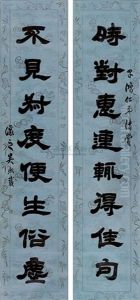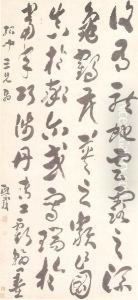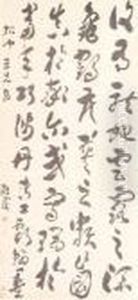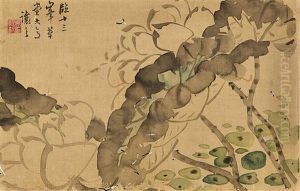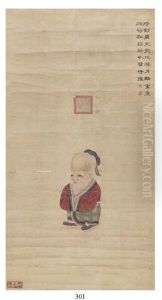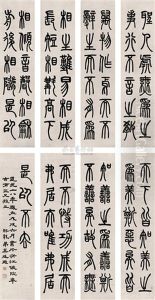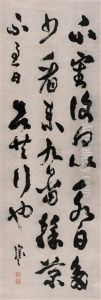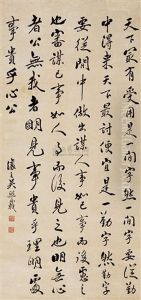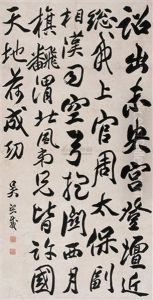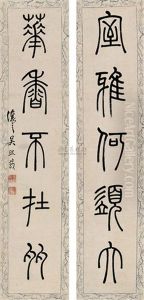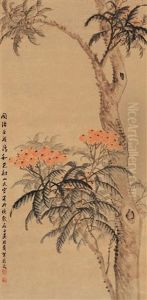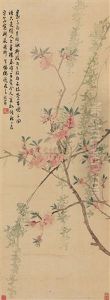Wu Xizai Paintings
Wu Xizai was a prominent figure in the world of Chinese calligraphy and painting during the Qing dynasty. Born in 1799 in Suzhou, Jiangsu province, he lived through a period of significant social, economic, and political upheaval in China. Wu Xizai was not only a master of the arts but also a scholar and an official, which was a common combination for many intellectuals of his time. His life and career were deeply influenced by the Opium Wars and the Taiping Rebellion, events that shaped the course of Chinese history in the 19th century.
Wu Xizai's artistic work is characterized by its elegance and a profound sense of traditional Chinese aesthetics. He was particularly renowned for his landscape paintings and calligraphy, which were highly sought after by collectors and connoisseurs during his lifetime and have continued to be appreciated to this day. Wu's style was deeply rooted in the literati tradition, which valued the expression of personal emotion and the cultivation of moral integrity through art. He was adept at using brush and ink to capture the spirit of nature, creating works that were both refined and expressive.
In addition to his artistic achievements, Wu Xizai was also known for his intellectual contributions. He was well-versed in the Confucian classics and engaged in the cultural debates of his time. His writings on art theory and criticism contributed to the literati discourse on aesthetics and the role of art in society. Despite the tumultuous times in which he lived, Wu Xizai remained committed to the ideals of scholarly refinement and artistic pursuit.
Wu Xizai's legacy is marked by his dedication to the traditional values of Chinese culture, even as he navigated the challenges of a rapidly changing world. His works have been preserved in several major museums and collections in China and around the world, serving as a testament to his skill and vision as an artist. Wu Xizai passed away in 1870, but his influence on Chinese art and culture continues to be felt, embodying the enduring appeal of the literati spirit in Chinese history.

